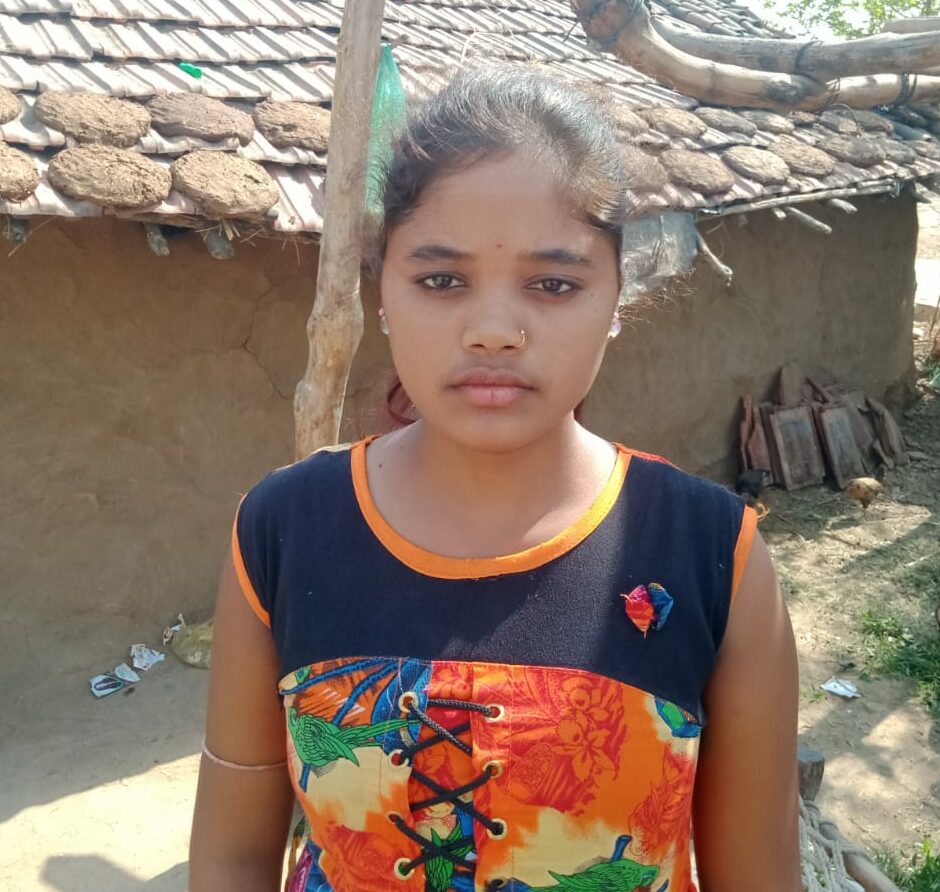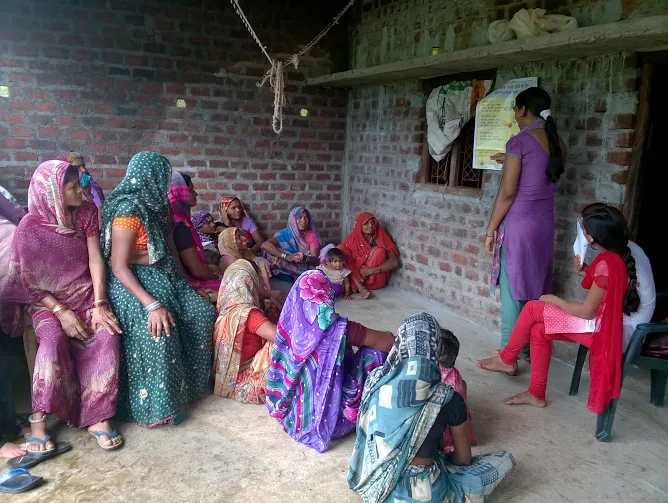The first time 13-year-old Raiku got her period, she was scared. She didn’t know what was happening and just wanted it to stop. Her mother did her best to explain what was happening but the deep-rooted stigma around menstruation that exists in remote areas of India, meant that Raiku began to dread her monthly period.
In countries across the world, periods are still associated with dirt, disgust, and shame, causing anxiety and depression among adolescent girls like Raiku. Lack of discussion and openness around menstruation often means lack of access to appropriate facilities and products for menstruating girls and women. Not only is this dangerous to their health but having their period often means they’re forced to miss days of school every month.
For Frank Water, and our partners at People’s Science Institute (PSI), menstrual health and hygiene management is integral to all water, sanitation & hygiene (WaSH) work. This includes providing access to sanitary products and raising awareness of menstrual hygiene including safe disposal of menstrual waste.
Raiku lives in Jamunjhiri in the Dhar region of India’s Madhya Pradesh. Jamunjhiri is just one of the communities that FRANK Water and PSI have worked with to secure a safe water supply for the village, along with decent toilets and an understanding of good hygiene.
To break the silence around menstruation, PSI organised a menstrual hygiene management camp for Jamunjhiri. Fieldworkers organised a series of focus groups for the village women and girls. Raiku and her mother were hesitant to start with, but as time passed and trust grew, they joined the growing number of women taking part.


At one of these meetings, Raiku admitted she was worried that the pain she felt during her period was because she had a disease. She explained that she uses a piece of cloth in place of a sanitary pad which she rinses and hides under other wet clothes or in a corner outside the house so that no one can see it. Heena reassured her that pain was normal and explained the importance of washing and drying cloths properly to avoid infection. She helped Raiku access free sanitary towels and explained how to keep herself safe and healthy during her period. For Raiku, a weight was lifted. With knowledge, information and access to sanitary products, she can live her life free from shame. She couldn’t wait to tell her friends.
“What happened to me will not happen to my daughter. I will not allow her to go through the same experience as I did when I was of her age”
Raiku’s mother, Jamunjhiri, Madhya Pradesh
Without education and resources, girls and women face a lifetime of discrimination and stigma. This lack of dignity and understanding can lead to implications for both physical and mental health.
By providing access to safe water, sanitation and an understanding of good hygiene, we can protect and empower women to live full and healthy lives

